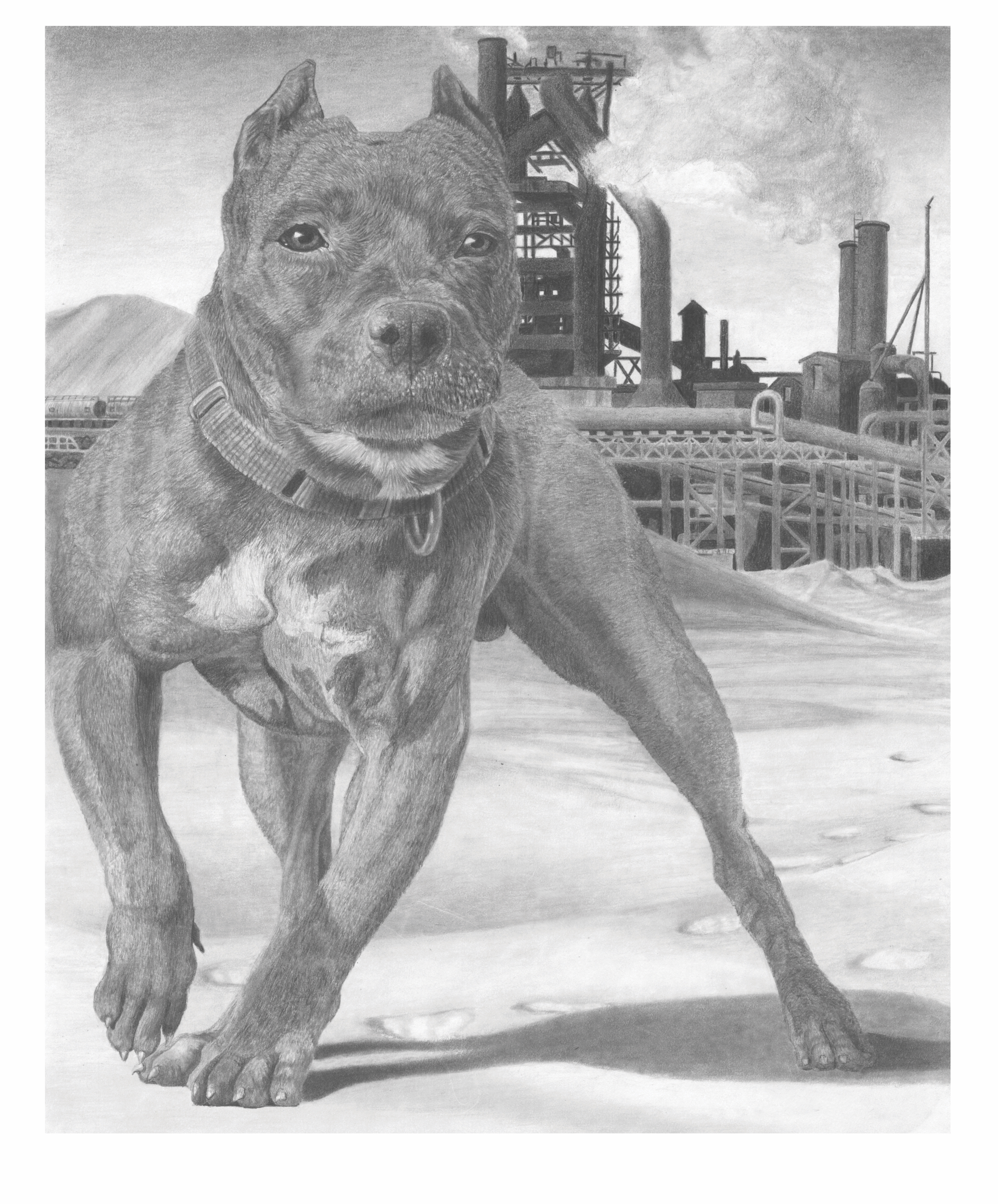Une enquête poétique pour se (re)connecter avec la langue de la terre : Marcher avec dįį ndéh
DOI :
https://doi.org/10.25071/1916-4467.40711Mots-clés :
terre/Terre, savoirs matriarcaux, pédagogie, enquête poétiqueRésumé
Dans cet article, je m'efforce d'aller au-delà de l'omniprésence des idéologies et de l'intellect coloniaux, en décolonisant mes expériences par l'apprentissage à travers l'acte physique d'être sur la terre, et d’y agir, tout en écoutant ses silences de manière provocante. C'est à travers l'exploration et l'ingéniosité de la poésie que la langue et les savoirs de mes ancêtres ont évolué. En me faufilant dans les paysages poétiques et historiques, je m'engage à apprendre de et avec dįį ndéh alors que les récits médicinaux de mes matriarches commencent à se dévoiler.
Références
Arbon, V. (2008). Knowing from where? In A. Gunstone (Ed.), History, politics and knowledge: Essays in Australian Indigenous studies (pp. 134-146). Australian Scholarly Publishing.
Basso, K. H. (1996). Wisdom sits in places: Landscape and language among the Western Apache. University of New Mexico Press.
Case, E. (2021). Everything ancient was once new: Indigenous persistence from Hawaiʻi to Kahiki. University of Hawaii Press. DOI: https://doi.org/10.2307/j.ctv16t66rr
Clandinin, D. J., & Connelly, F. M. (1992). Teacher as curriculum maker. In P. Jackson (Ed.), Handbook of research on curriculum (pp. 363-461). Macmillan.
Courcherne, D., Whitecloud, K., & Stonechild, B. (Eds.). (2021, January 26). Indigenous knowledge and science online forum series: Connecting spiritually with the land and each other [Webinar]. Indigenous Climate Hub. https://indigenousclimatehub.ca/ event/webinar-reconciling-ways-of-knowing-indigenous-knowledge-and-science-online-forum-series-connecting-spiritually-with-the-land-and-each-other/
Donald, D. (2016). Chapter three: From what does ethical relationality flow? An “Indian” act in three artifacts. Counterpoints, 478, 10-16.
hooks, b. (2009). Belonging: A culture of place. Routledge. DOI: https://doi.org/10.4324/9780203888018
Kaur, R. (2020). home body. Simon & Schuster.
Kimmerer, R. W. (2013). Braiding sweetgrass: Indigenous wisdom, scientific knowledge and the teachings of plants. Milkweed Editions.
Kulchyski, P. (2005). Like the sound of a drum: Aboriginal cultural politics in Denendeh and Nunavut. University of Manitoba Press.
Legat, A. (2012). Walking the land, feeding the fire: Knowledge and stewardship among the Tlicho Dene. University of Arizona Press.
Leggo, C., & Holmes, K. (2020). The spaces in between. DIO Press.
Miller, J. P. (2019). The holistic curriculum. University of Toronto Press. DOI: https://doi.org/10.3138/9781487519506
Oxford English Dictionary. (2022). In situ. In Oxford English Dictionary. https://www.oed.com
Pinar, W., & Grumet, M. (1976). Toward a poor curriculum. Kendal/Hunt Publishing.
Somerville, M., Davies, B., Power, K., Gannon, S., & de Carteret, P. (2012). Place pedagogy change (Vol. 73). Sense. DOI: https://doi.org/10.1007/978-94-6091-615-1
Styres, S. D. (2017). Pathways for remembering and recognizing Indigenous thought in education: Philosophies of iethi'nihstenha ohwentsia'kekha (land). University of Toronto Press.
Téléchargements
Publié-e
Comment citer
Numéro
Rubrique
Licence
© Anita Lafferty 2022 
Copyright for work published in JCACS belongs to the authors. All work is licensed under a Creative Commons Attribution-ShareAlike 4.0 International license.


